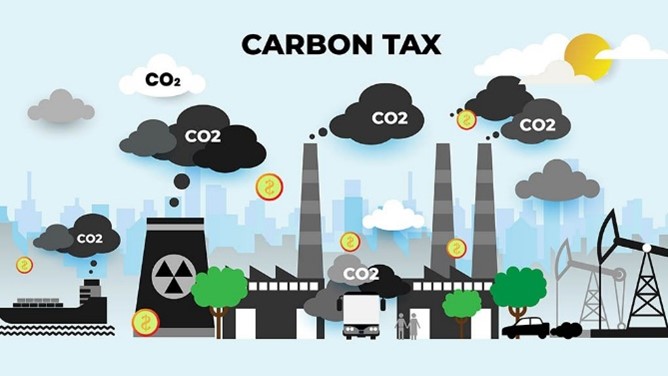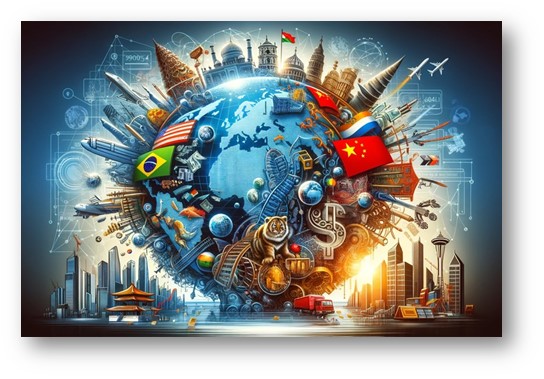Migration and International Relations

Migration and International Relations
by vivienne 05:53pm Jan 08, 2025
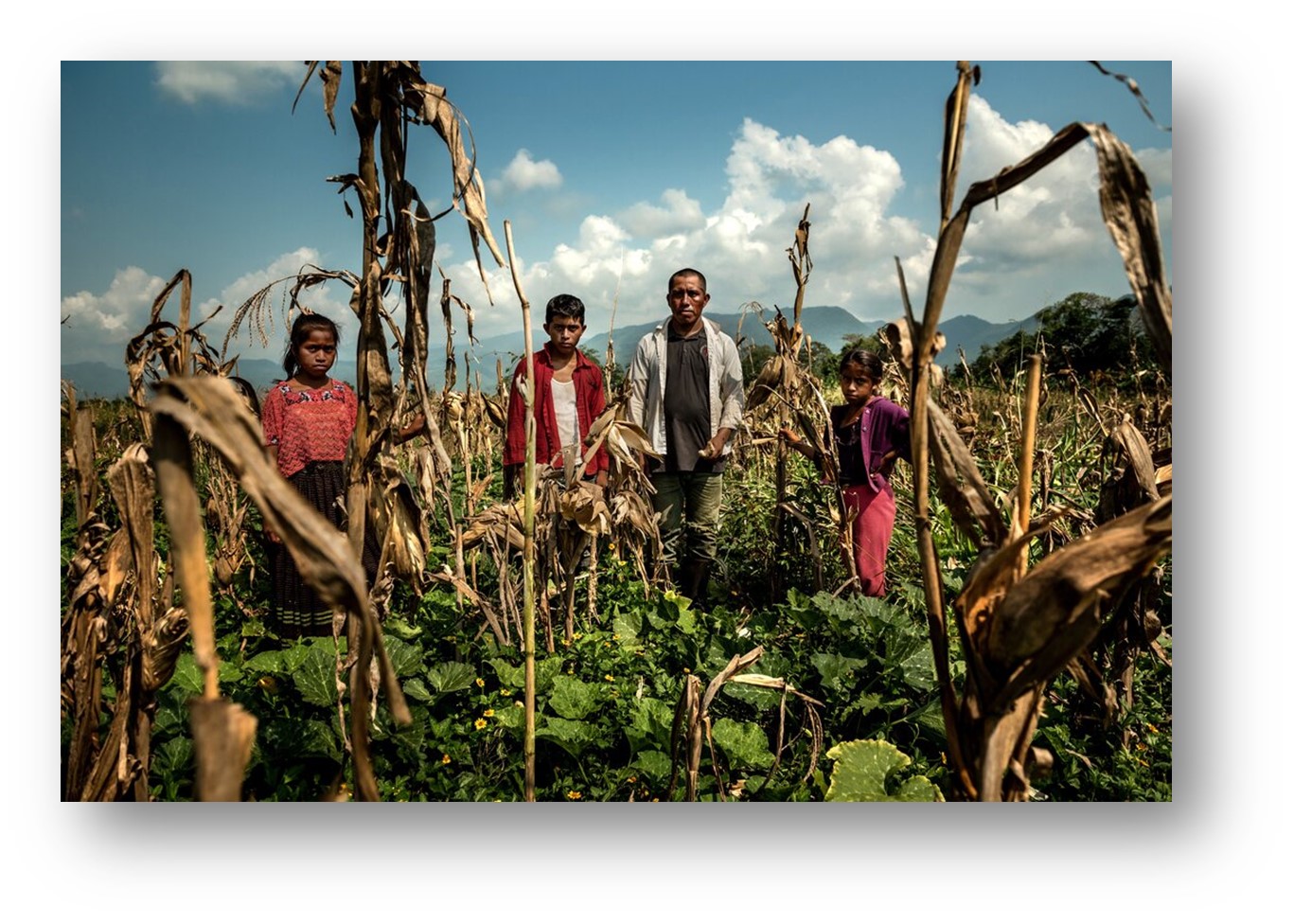
Migration plays a significant role in international relations, influencing political, economic, and social dynamics globally. This movement of people across borders occurs for various reasons, including seeking better economic opportunities, escaping conflict, environmental displacement, and reuniting with family. 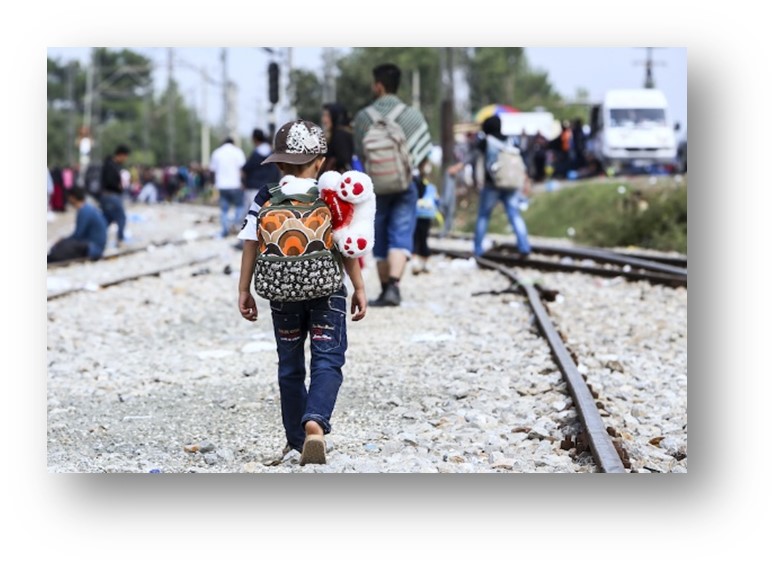
Here are some key ways in which migration interacts with international relations:
1. Economic Impact and Labor Markets
Migration affects labor markets and economies in both sending and receiving countries. For receiving countries, migrants often fill labor gaps, contribute to economic growth, and enhance cultural diversity. However, migration can also create economic and social tensions, especially if local populations feel competition for jobs or if there is pressure on public services.
In sending countries, remittances (money sent home by migrants) can represent a large portion of GDP, boosting local economies and reducing poverty. This financial dependence on migration can create an economic relationship between countries, influencing foreign policies and trade relations.
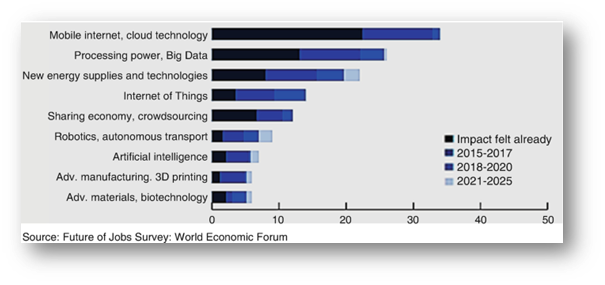
2. Human Rights and Social Integration
Migration raises human rights concerns, particularly regarding the treatment of migrants, refugees, and asylum seekers. Issues such as human trafficking, exploitation, and discrimination are prevalent and require international cooperation to address.
Countries’ policies on integrating or excluding migrants can affect diplomatic relations. For example, countries may face criticism from others if their policies are seen as violating human rights or international conventions.
3. Security and Border Control
Migration is closely linked to security concerns, especially around irregular migration and border control. Countries may implement stricter immigration controls and increase border security to manage migration flows, impacting international relations with neighboring countries and regions.
The movement of people across borders can also be linked to terrorism and crime concerns, leading some states to collaborate on intelligence-sharing, law enforcement, and border management.
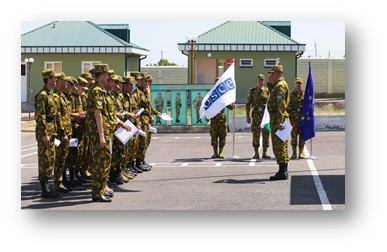
4. Refugee Flows and Humanitarian Crises
Refugee flows often result from conflicts, persecution, or environmental disasters, with significant effects on international relations. Countries receiving large numbers of refugees may require international assistance and can experience political strain if resources are limited or social integration is challenging.
Regional organizations, like the European Union or the African Union, and international bodies, such as the United Nations High Commissioner for Refugees (UNHCR), work to coordinate responses to refugee crises. Hosting countries may leverage their position to negotiate aid, trade deals, or policy concessions.
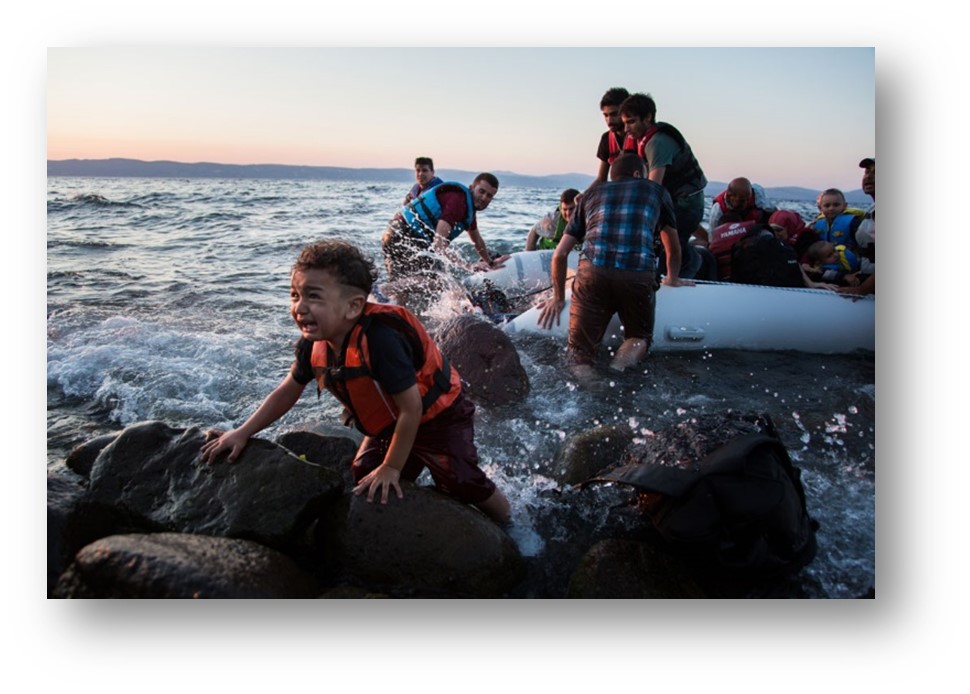
5. Global Governance and International Agreements
Global governance structures, like the Global Compact for Migration, aim to set frameworks for managing migration cooperatively and sustainably. Agreements on migration policies can promote shared standards, legal protections, and mechanisms for cooperation.
Bilateral and multilateral agreements also shape migration policies. For instance, some countries sign agreements for labor exchange, temporary worker programs, or readmission of migrants, directly influencing diplomatic relations and economic ties.
6. Public Opinion and Nationalism
Migration affects public opinion and can fuel nationalist or populist movements, impacting foreign policy and international relations. Public sentiment can shape electoral outcomes, as leaders may adopt tougher stances on immigration to appeal to voters, affecting diplomacy and international commitments.
The rise of anti-immigration sentiments can also influence policies that affect international collaborations, as nationalist policies often prioritize domestic concerns over international cooperation.

7. Climate Change and Environmental Migration
Climate change is increasingly causing migration, as rising sea levels, extreme weather events, and resource scarcity force people to leave their homes. This type of migration puts pressure on international relations as nations debate responsibility, funding, and support for those affected.
Low-lying island nations, in particular, are pushing for global agreements to address climate migration, which requires cooperation on an unprecedented scale to accommodate displaced populations and mitigate climate impacts.
Conclusion
Migration intersects with international relations on multiple levels, impacting economies, security, human rights, and the environment. It requires cooperative frameworks and agreements to manage challenges and maximize the benefits migration can bring. Diplomacy, multilateral cooperation, and inclusive policies are key to balancing the interests of both sending and receiving nations while respecting the rights and needs of migrants.



